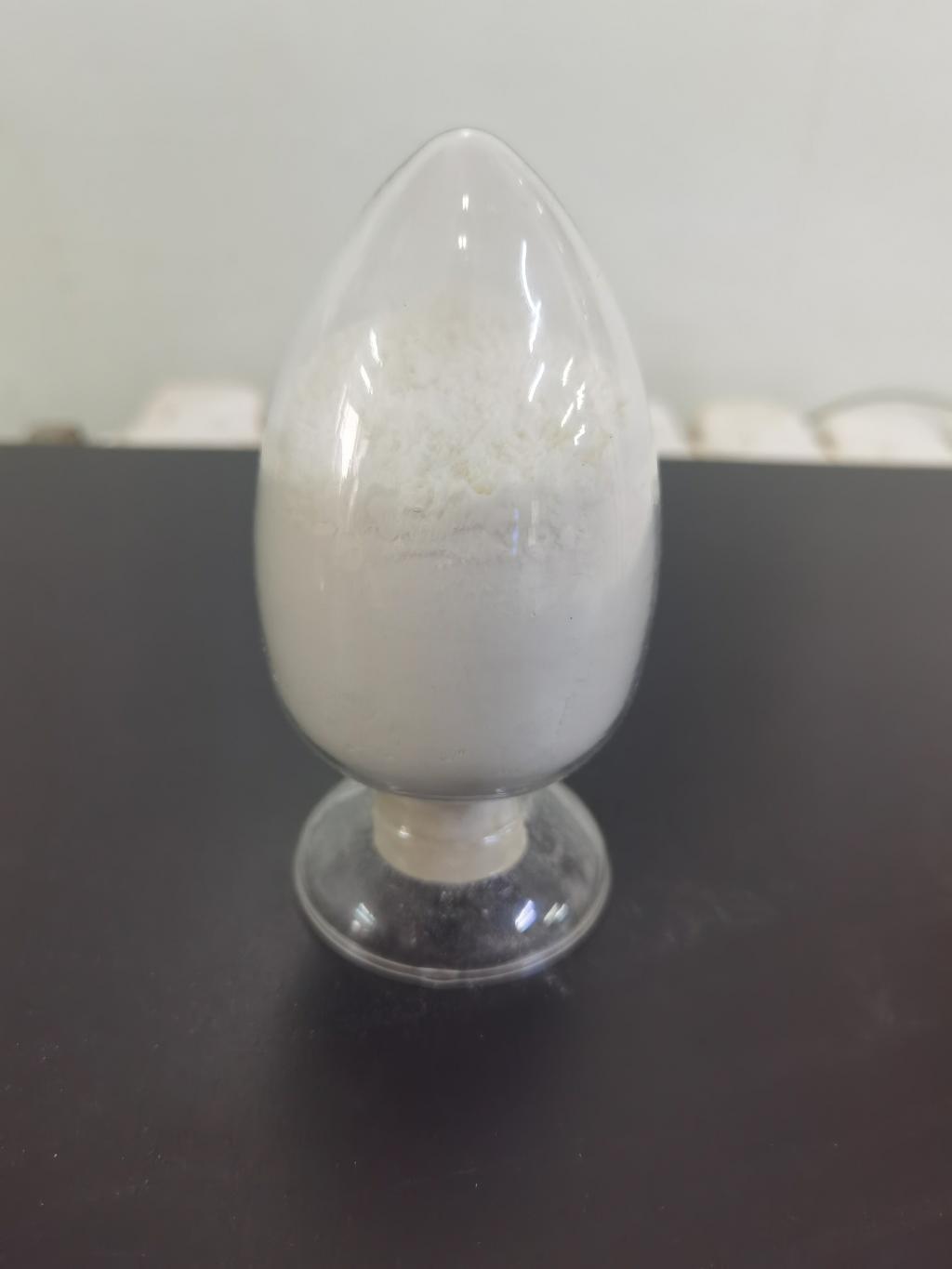Tel:0086 18231198596

News
ε-Polylysine Hydrochloride: A Multifaceted Approach to Food Security and Sustainability.
TIME:2023-09-12
Introduction
Food security and sustainability are two intertwined pillars of a resilient and responsible global food system. Food security entails ensuring access to sufficient, safe, and nutritious food for all, while sustainability emphasizes the need to produce food in a manner that minimizes environmental impact, conserves resources, and supports future generations. ε-Polylysine hydrochloride, a natural antimicrobial polymer, plays a multifaceted role in addressing these challenges by improving food safety, reducing food waste, promoting sustainable agriculture, and contributing to a secure global food supply.
ε-Polylysine Hydrochloride: A Versatile Solution
ε-Polylysine hydrochloride is a cationic polymer produced through the fermentation of specific microorganisms, such as Streptomyces albulus. Comprising numerous ε-lysine amino acid units, it forms long chains with inherent antimicrobial properties. Notably, ε-polylysine hydrochloride has gained regulatory approval in various countries and is generally recognized as safe (GRAS) for use in food applications.
Enhancing Food Safety
One of the primary roles of ε-polylysine hydrochloride is enhancing food safety. Its antimicrobial properties make it an effective tool for inhibiting the growth of pathogenic bacteria and spoilage microorganisms. This application contributes directly to food security by reducing the risk of foodborne illnesses and ensuring the safety of food products throughout the supply chain.
Reducing Food Waste
Food waste is a global challenge that affects both food security and sustainability. ε-Polylysine hydrochloride plays a vital role in reducing food waste by extending the shelf life of various food products. When incorporated into packaging materials, coatings, or directly applied to food surfaces, it inhibits microbial growth and spoilage, ultimately reducing the amount of food that ends up discarded.
Promoting Sustainable Agriculture
Sustainable agriculture is essential for long-term food security and environmental conservation. ε-Polylysine hydrochloride contributes to sustainable agriculture in several ways:
Reduced Pesticide Use: Its antimicrobial properties can reduce the need for chemical pesticides in crop protection, lowering the environmental impact of agriculture.
Preservation of Crop Quality: By inhibiting the growth of fungi and bacteria that cause post-harvest spoilage, ε-polylysine hydrochloride helps maintain the quality and marketability of agricultural products.
Enhanced Soil Health: The reduced need for chemical pesticides and preservatives can contribute to healthier soil ecosystems, promoting long-term agricultural sustainability.
Improving Food Distribution
Efficient food distribution is essential for food security, as it ensures that food reaches those who need it. ε-Polylysine hydrochloride, through its food preservation properties, can extend the shelf life of perishable food items, reducing losses during transportation and storage. This improved food distribution contributes to more effective food supply chains.
Challenges and Considerations
While ε-polylysine hydrochloride offers significant potential in addressing food security and sustainability, some challenges and considerations must be taken into account:
Consumer Acceptance: Educating consumers about the safety and benefits of ε-polylysine hydrochloride in food products is crucial to ensure acceptance.
Regulatory Harmonization: Achieving regulatory harmonization across different regions and countries is essential for the widespread adoption of ε-polylysine hydrochloride.
Production Costs: The production and incorporation of ε-polylysine hydrochloride may pose cost challenges for some food manufacturers.
Ecosystem Impact: While reducing chemical pesticide use can benefit the environment, the potential impact of ε-polylysine hydrochloride on non-target organisms and ecosystems must be studied.
Conclusion
ε-Polylysine hydrochloride is a multifaceted solution that contributes significantly to food security and sustainability. By enhancing food safety, reducing food waste, promoting sustainable agriculture, and improving food distribution, it addresses key challenges in the global food system. While challenges related to consumer acceptance, regulation, and production costs exist, the potential benefits of ε-polylysine hydrochloride in creating a more secure and sustainable global food supply are substantial. As the world continues to grapple with the complexities of food security and sustainability, ε-polylysine hydrochloride stands as a versatile tool that can help meet these challenges head-on, ensuring a safer, more abundant, and more sustainable food future for all.

 CONTACT
CONTACT




